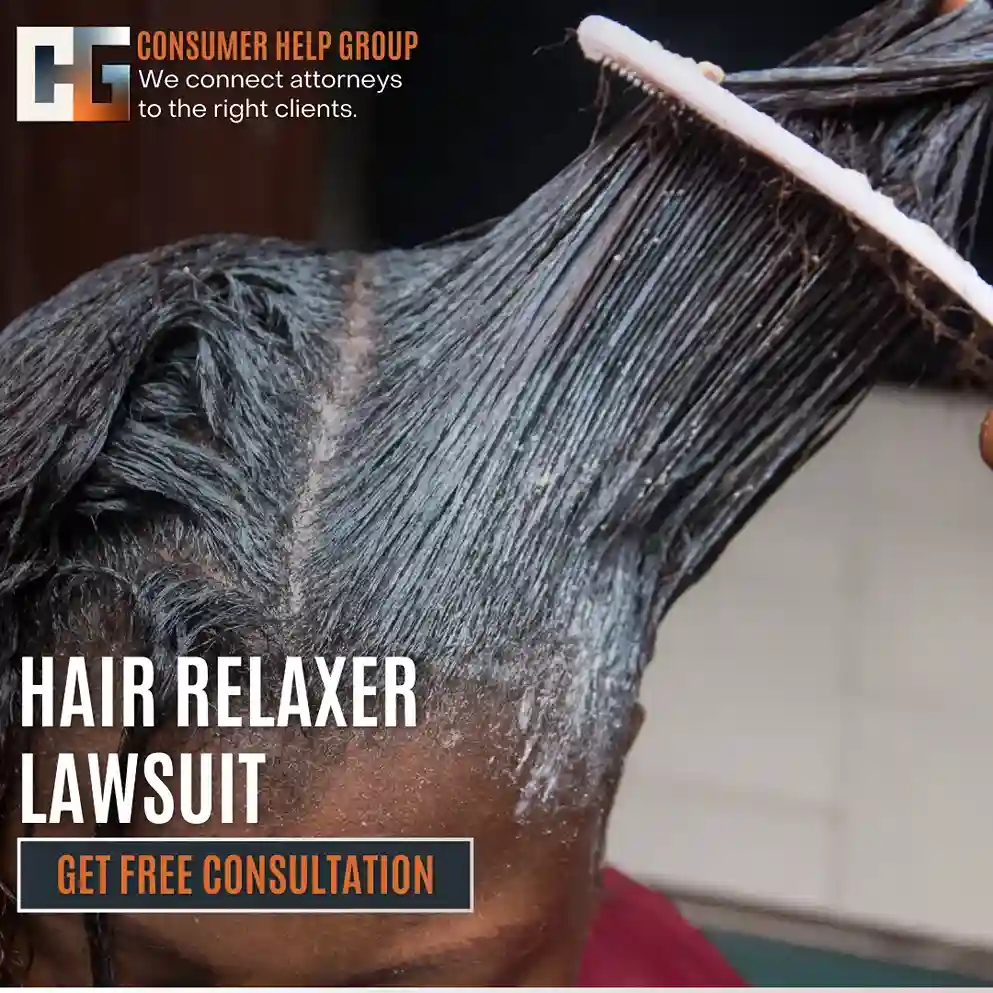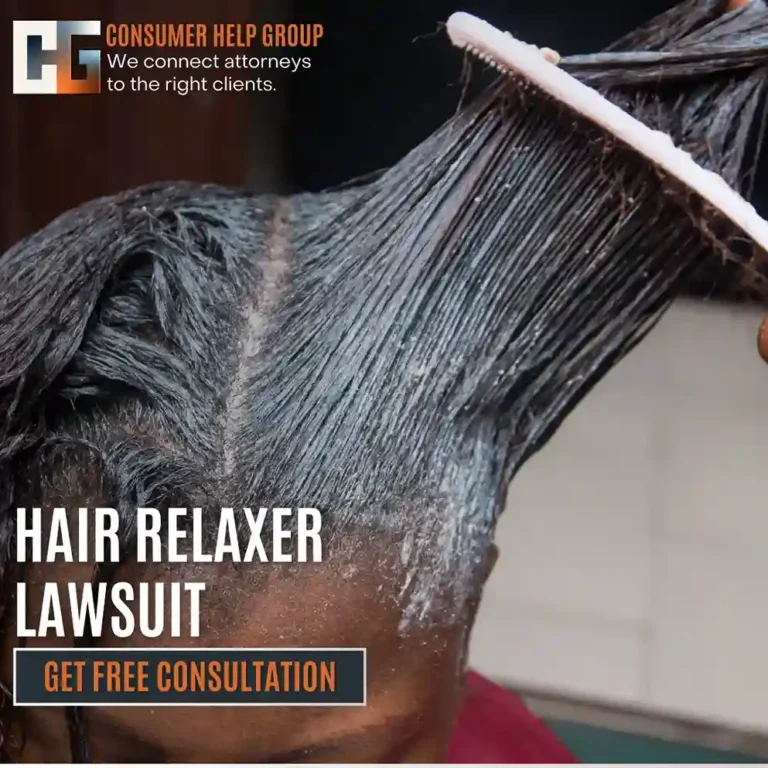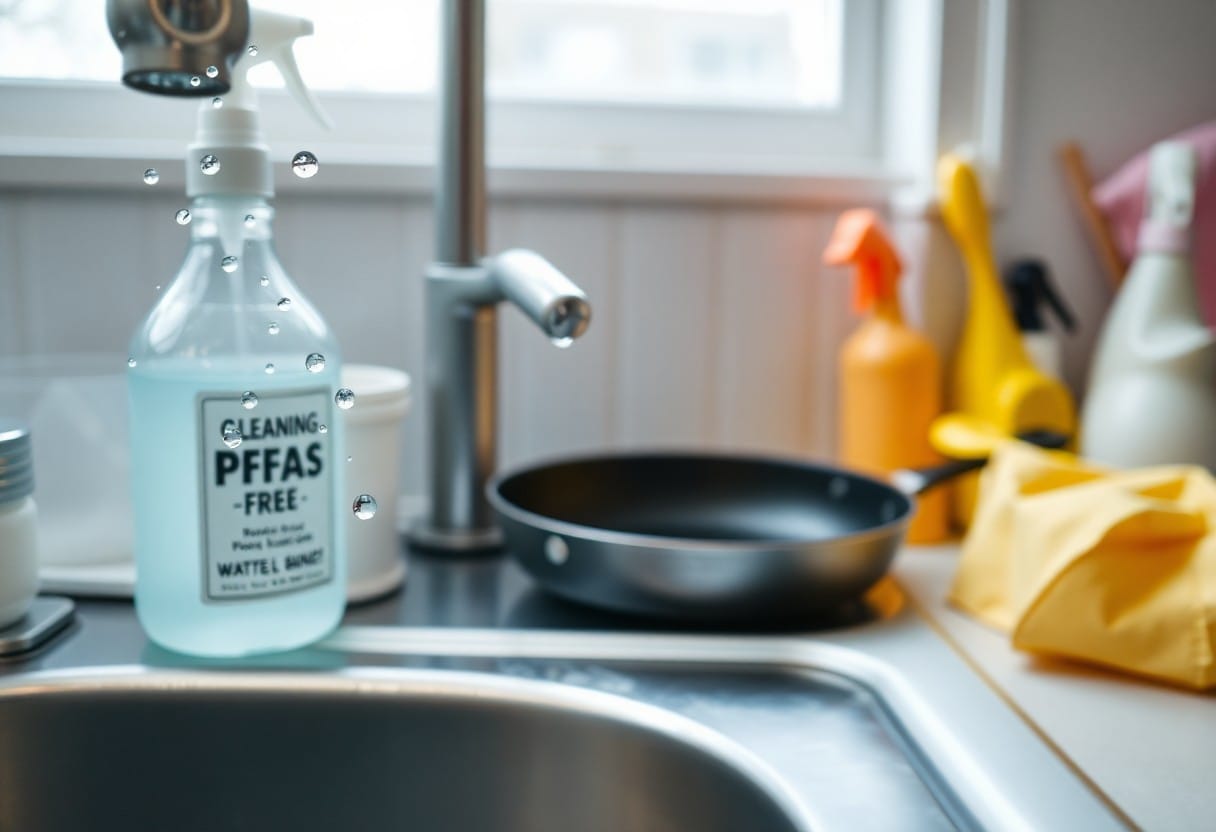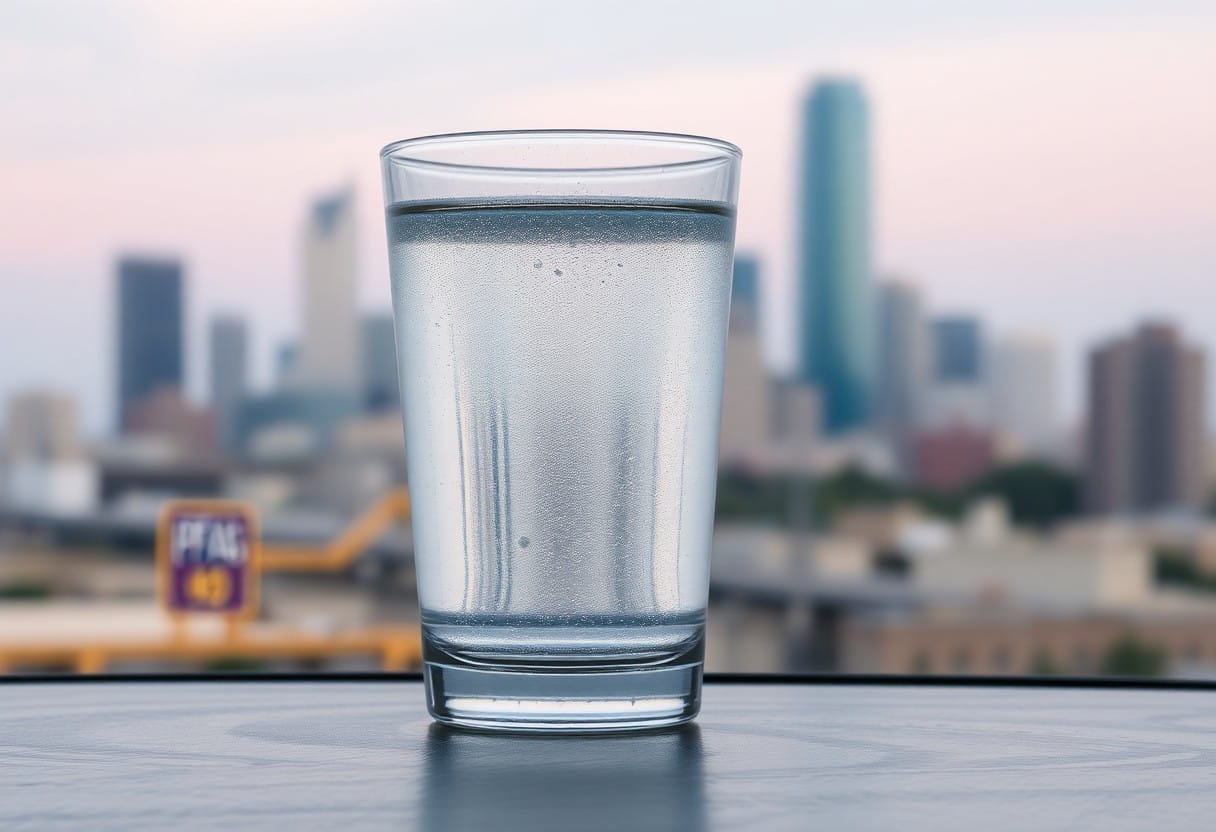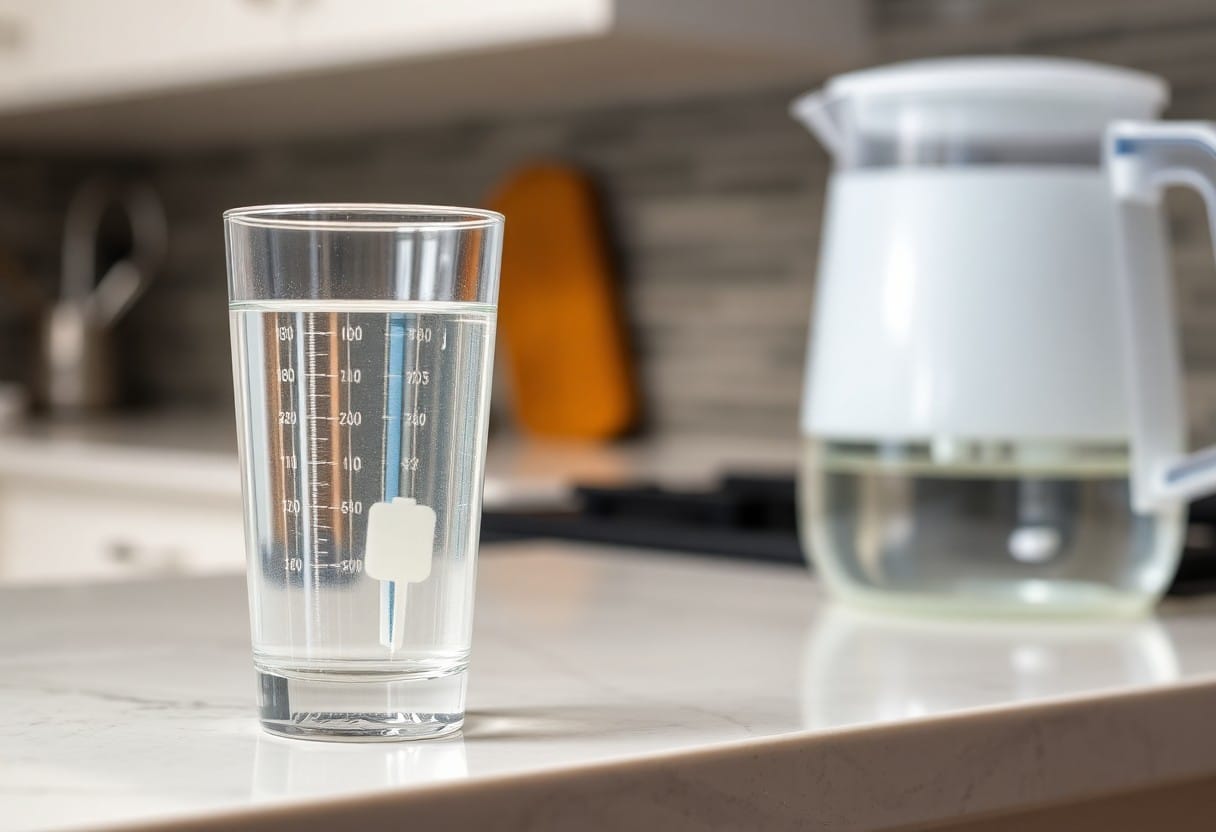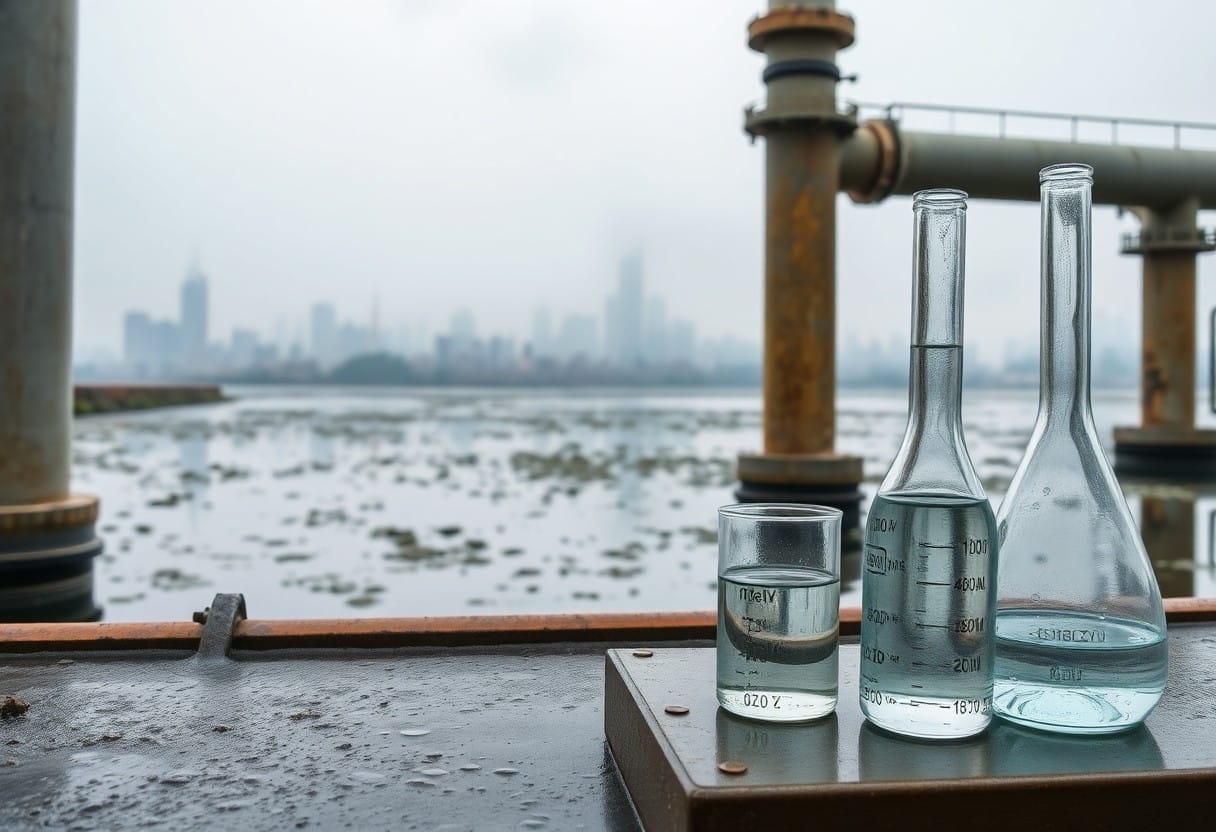Beautification products are shampoos, conditioners, and maybe hair dyes for some of us. For many others, though, especially African-American women, hair relaxers represent one of the most popular ways to make curly hair straight and easy to maintain.
Recent reports and studies raise serious concerns that associate hair relaxers with cancer. We delve into evidence behind those claims, current lawsuits, and all of it may mean to those harmed by them in this article.
What are Hair Relaxers?
Hair relaxers are chemicals that straighten curly or wavy hair. They break the bonds that exist in the hair to allow it to be made straight and sleek. Some of the well-known brands for hair relaxers include L’Oréal, Revlon, and many others.
These are the products that have been used by many Black women over the years to create their desired hairstyles.
But here’s the important part: recent scientific studies suggest that frequent use of hair relaxers may raise the risk of cancer, particularly uterine cancer.
The Science Behind the Concerns
Researchers have begun to look closely at the link between hair relaxers and certain health risks. One of the most crucial studies conducted by the NIH found that women using hair straighteners more than four times a year were at a higher risk of uterine cancer compared to those not using the products. The research had covered a large number of women, and the findings were startling. It revealed that frequent hair relaxers can cause adverse health effects.
Key Findings:
- Women who often used relaxers had a greater possibility of suffering from uterine cancer.
- These chemicals in the hair relaxers can interfere with hormones and lead to other health-related issues.
- The NIH research does not prove that relaxers cause cancer, but the relation is alarming.
Therefore, what is in hair relaxers that poses a potential threat? These types of products are often manufactured with formaldehyde, known as a carcinogen (a causative agent of cancer) substance.
Other hazardous substances would likely be phthalates and parabens. This is because the chemicals in these substances could interfere with the hormone system of a human body and cause an adverse effect.
The Expanding Tide of Lawsuits
Now, an avalanche of lawsuits is mushrooming into the public sphere as an increasingly large number of people understand these risks.
Thousands of African-American women have reported serious diseases, including cancer, for being caused by hair relaxers they used. They target top companies such as L’Oréal and Revlon.
What Do the Lawsuits Claim?
The common claims in these lawsuits:
- Negligence: The companies that produce hair relaxers knew, or should have known, about the potential risks but did not warn their customers.
- False Advertising: Many products claim to be safe and effective, but the risks associated with their ingredients might not have been properly presented to consumers.
- Health Consequences: The plaintiffs (those who are suing) assert that their health problems stem directly from using these products.
These lawsuits can face serious challenges. For the plaintiff to win, they must prove not only that the product has caused harm but also that the manufacturers have failed to provide adequate warnings.
The Impact on Individuals and Communities
These are not simple lawsuits; they cut across some community issues. For most women, using hair relaxers goes with cultural practice. This culture might be linked to the requirement of beauty standards that would set up difficult choices for a health issue against societal expectations on beauty.
To better inform decisions and choices, there must be an awareness of the risk posed by hair relaxers toward serious illness. The development of these serious issues is not a personal affair but a community matter that is affecting families and friends.
And now, how do we balance beauty with health? This is such a big question that draws attention toward safer beauty products and raises the need for companies to put customer safety first and foremost.
Help for Victims
There is a legal avenue for victims, particularly if they have health-related issues. Consult with an attorney practicing product liability to guide them through the process.
There is a process to follow and certain steps that can be taken to obtain compensation for those affected by hair relaxer use. These include:
- Evidence: Keep records of the products used, as well as any medical diagnosis and treatment history.
- Consult a Lawyer: Lawyers can help and advise whether you have a case based on your experiences.
- Seek Support: Find others who have experienced similar health problems to share your experiences and advice.
Moving Forward
As more studies come out and lawsuits continue, individuals and communities need to know about the products they are using. Companies need to be responsible for the safety of their products.
We look forward to seeing:
- Increased Regulation: Stricter guidelines for beauty products, especially those containing harmful chemicals.
- Safer Alternatives: More research into natural and safer hair care products.
- Community Awareness: Ongoing education on the potential risks associated with different beauty practices.
Frequently Asked Questions (FAQs)
What chemicals in hair relaxers are linked to cancer?
Chemicals like formaldehyde, phthalates, and parabens are often cited as harmful substances that may increase cancer risk when used in hair relaxers.
Can I sue in case I have health issues through using hair relaxers?
What can I do to protect myself?
Research products before you begin using them, be looking for safer alternatives and always be informed about ingredients that are in beauty products.
Understanding the link between hair relaxers and cancer is very important. As we continue to educate ourselves and raise awareness, we can make better choices for our health and wellbeing. If you are looking for help or would like to learn more about legal options regarding hair relaxers, please reach out for help. Your health matters!


